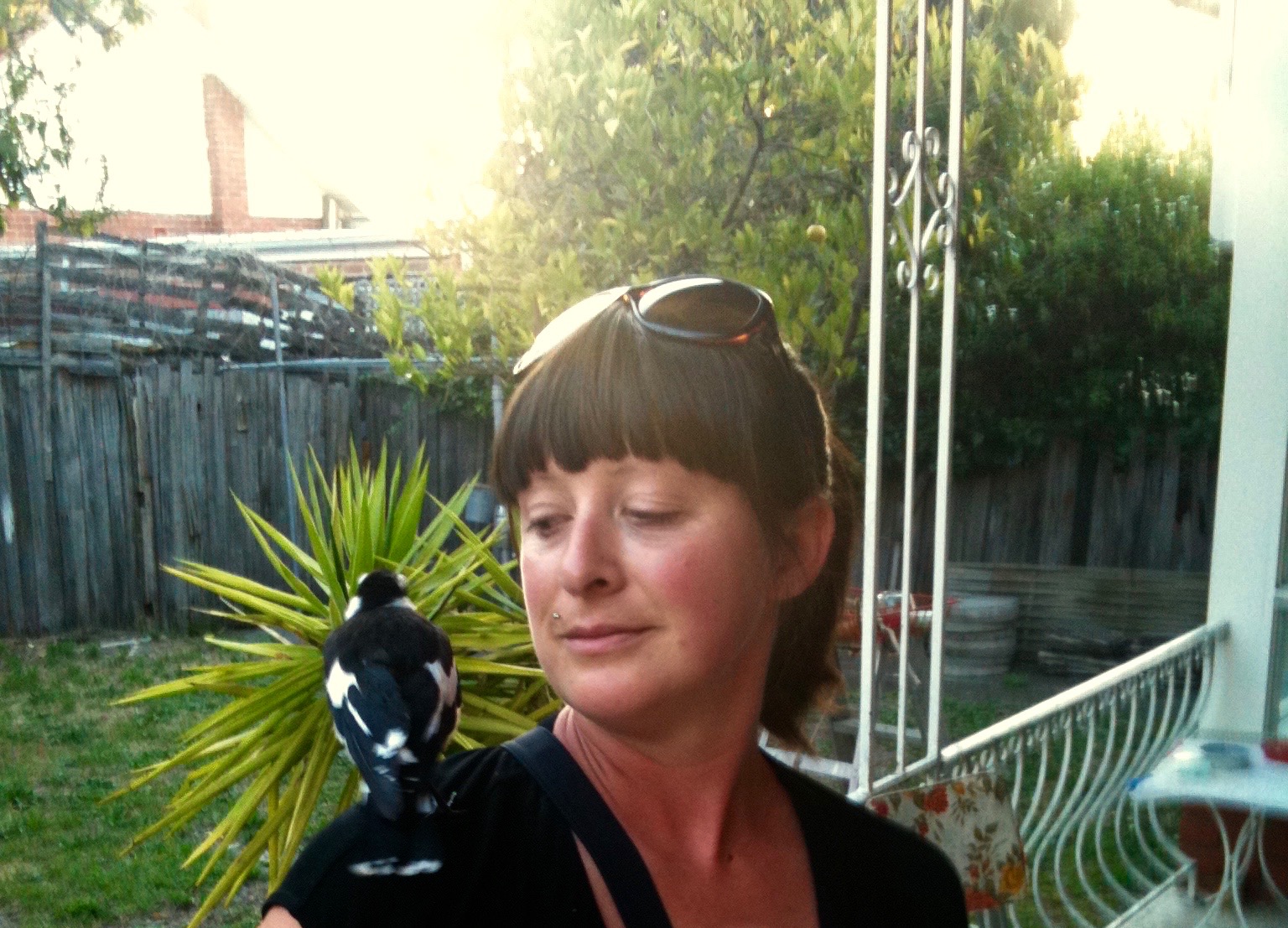The Impact of Suicide
Ayesha McWilliam
On Monday, July 9th, 2001, my brother called to tell me that my stepsister Sarah had committed suicide.
Sarah and I had been inseparable from an early age, but at 16, she started to become insular and withdrawn — and as her depression worsened our relationship began to deteriorate along with it. There weren’t many services available to help her; back in 1990 mental health issues weren’t talked about and were seen as a weakness. Years went by, and I moved to Melbourne. Sarah and I would see each other at family gatherings only, which sometimes became tense.
At the start of July 2001 my step-mum, Janet, called me and told me Sarah had been admitted into a psychiatric unit because of a recent suicide attempt. I called Sarah; she had obviously been heavily sedated so our conversation was short. I told her I would call in the next day or two. I had three more conversations with Sarah, and on the last call told her that I loved her and that I would be up to see her the next weekend. In hindsight, the last conversation with Sarah was unusually calm in nature, almost like she had made peace with her demons.
That’s when I got the call.
Everything I had once thought important did a massive reshuffle. I was numb with an unimaginable and almost unbearable pain that enveloped all of me. I remained this way for the first year after her death.
I knew that I needed to do something to get through the grief, so I started to look for ways to actively and tangibly promote and raise community awareness about mental health issues. In the past I had run a music festival bi-annually on a thousand-acre farm in Sedgwick, Victoria, Australia. I decided to bring the festival back with a new focus — as a vehicle to help destigmatize mental health issues.
It took six months to organize, with help from lots of different people. It seemed everyone I spoke to had been either personally affected by mental illness or someone close to them had, so everyone I approached jumped aboard with gusto. I raised $40,000 to go toward funding the festival and formed a partnership with Australian organization beyondblue — the national depression initiative.
beyondblue provided peer support educators that roamed throughout the festival crowd, casually speaking to audience members about their experiences with depression and other mental health issues. Sixty bands took to two stages over the weekend. Community health agencies were in attendance, giving information out on a myriad of mental health issues and also on where to get help.
Band members openly spoke of their own personal experiences with mental health issues, or of people close to them who had been afflicted by this silent killer. It has been widely publicized that an early intervention approach to mental health issues is far superior to crisis intervention, so the audience at the festival was the perfect fit — the extremely hard to reach target demographic.
The festival’s aim was to provide a forum for young people to openly discuss these normally taboo issues. To diminish the impact of mental health issues, the topic must be openly discussed and acknowledged by all levels of our community — and the festival provided the perfect vehicle for this to happen.
The impact of Sarah’s suicide on our family was so intense that I was diagnosed with post-traumatic stress disorder and spent the following six months after the festival attending counseling and trying to work through the grief, guilt, and the “what ifs.” My weight dropped dramatically, as I literally couldn’t eat, I felt so guilty to be alive.
Despite the intensity of the grief, laughter slowly replaced tears, and the ability to smile gradually returned. There are events in our all our lives that change us so dramatically, and Sarah’s death was one such event. As a result of losing Sarah, our family has become a very tight-knit unit.
Sarah’s death has taught me to be a more compassionate and kinder person and to concentrate on the things that matter. We never know how much time we have.
Ayesha McWilliam resides in Melbourne, Australia, and is a huge supporter of music and the arts. Ayesha worked in the community health sector of the Windana Drug and Alcohol Recovery Center, helping those afflicted with addiction up until her children were born. Over the past few years Ayesha has been battling an unknown autoimmune disease that has left doctors perplexed. Even after seeing specialists, trying experimental prescriptions, and living with all the pain and immobility she endures, her strength and determination to fight for a diagnosis and cure is an inspiration to all who live with chronic illnesses.
Words: Ayesha McWilliam



